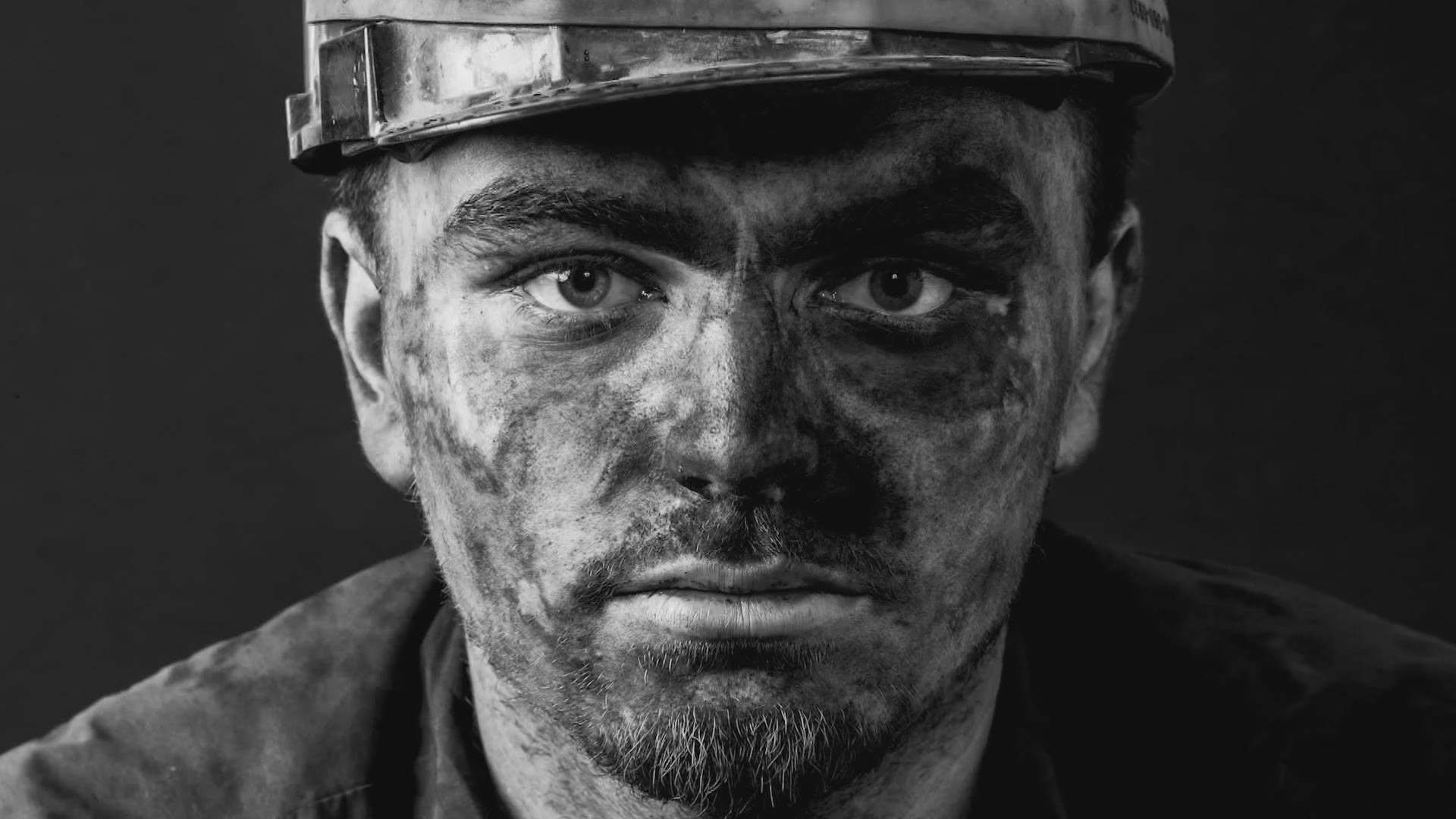PORTLAND, Maine — For a photographer, telling a story with one single image is as much art as it is craft. Mainer Dennis Welsh has been a successful commercial photographer for about three decades. That’s saying something in a corner of the country that is home to plenty of talented photographers. Every year or so, he hits pause, briefly steps away from commercial work, and focuses instead on a personal project. It’s a chance to take a deep dive in to subject matter simply to see where his camera takes him.
His work takes him all over the country and beyond… lifestyle, travel and tourism, catalog shoots – this is the work on which he’s has built his thirty-year career.
"Always been drawn to telling the stories of American workers that really represent the backbone of America," say Welsh.
But it’s the personal projects he pursues – immersing himself in communities that capture his curiosity –that take him to less glamorous places and offer a glimpse into a world he knows little about. His latest work took him to the coal mines of West Virginia. "I wanted just to celebrate the workers - the generations of men that had gone underground. What I recognized was that it was like a middle school dance. You know, when kids come to a middle school dance. And the boys go to one side, and the girls go to the other. And no one ever dances. That how the opinions were about coal. Which way are we gonna go. Are we gonna support coal and continue to mine? And, uh, process coal? Or do we want to move forward in a green, environmentally friendly direction for our energy. There was no middle ground. And what I found was I thought that the coal miners themselves, the workers, were actually getting lost in the conversation."
It was a slow start; after Dennis put out the word about his project, only one miner showed up on the first day. But slowly, perhaps out of their own curiosity, they warmed up to this stranger and his camera. "I’ve become a better listener and a better communicator as a photographer and I think that makes my images better. Not necessarily the technical know-how, but rather the ability to engage a subject no matter what … where they are coming from in their lives. Whether it’s a physician, or the president of a University, or a coal miner, for that matter," reflects Welsh.
When he was able to set his subjects at ease and peel back the layers, what he found was men who felt a deep sense of dignity and honor in the work they did. "I really said to them, ‘Look I’m coming down here not to throw any opinions down on your industry at all. I’m here to celebrate you guys.' And some of the guys we had talked to their fathers were in the mines, their grandfathers, their great-grandfathers – they go back for 200 years in these mines. It truly was a brotherhood and they were from different mines but they were telling the same stories about the same challenges and same hazards."
"The idea of going underground when you’re 19 years old and you could potentially spend the next 45 years doing this is remarkable to me. And they do it with strength and they do it with courage and they do it with pride."
Welsh continues, "I’m looking for a way to create this language where we can all be together and work on something together that is free of politics – because at the end of the day, these guys, and me and you, we want the same things. We want our kids to be healthy, we want a roof over our heads, we don’t’ want to go hungry. We want to have our kids have a better life than we do. These folks want the same thing. So if you start from that premise, it’s a great leveler, and it allows me, it allows us to open up that conversation and then we can work together to try and work on problems and create solutions and I believe that. I believe that you have to find a common language."
Dennis became friends with many of the miners he photographed, providing them with the images he created, and connecting with some through social media. It is a work in progress; he would like to see this body of work shown in a gallery at some point and has his eye on other industries– perhaps the timber industry or shipping industry - as the subject for another photo essay. If you’d like to learn more about Dennis’ work, you can find his website here. To see Dennis's photo essay and talk about the project, click here.

